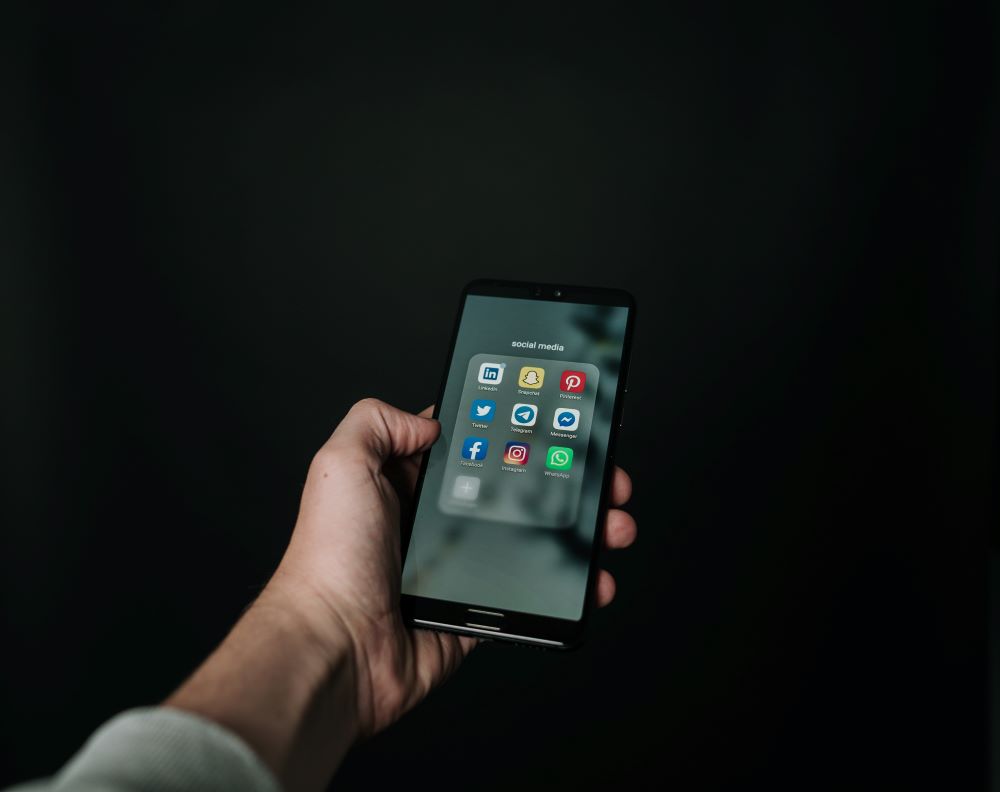Patient influencers are being paid to promote prescription drugs online.
The rise of social media has brought about an entirely new way of reaching audiences, and it’s not just limited to influencers promoting fashion and beauty products. Big Pharma has also jumped on the bandwagon, flooding platforms like TikTok with videos of users testifying to achieving wellness with the use of prescription drugs. This new marketing tactic, however, is raising concerns among experts who warn about the misleading nature of these advertisements.
Patient influencers, or patient “advocates,” are social media influencers who use their platform to promote pharmaceutical medications and/or medical devices. They are being paid by drug companies to promote their products under the guise of supposed honest reviews.
A recent study published in the Journal of Medical Internet Research by a team at the University of Colorado Boulder analyzed 26 recent interviews with patient influencers. The majority of them had previously collaborated with a pharmaceutical company in some way, serving on advisory boards, speaking to physicians and researchers or communicating with key audiences. However, the study found that these influencers had honorable intentions in spreading awareness and information about their condition.

The Federal Trade Commission (FTC) in the United States requires influencers to disclose their financial relationships with brands and companies they promote on social media. Influencers must use specific hashtags, such as #ad, #sponsored, or #paid, to disclose that a post is a paid partnership or advertisement. Failure to do so can result in penalties from the FTC.
Nevertheless, many consumers fail to decipher a sponsored ad from genuine peer-to-peer advice, researchers fear. This lack of health literacy and digital literacy is a cause for concern. Patient influencers are a form of direct-to-consumer drug advertising, which allows drug companies to target consumers directly, rather than through physicians.
Since DTC’s emergence in the 1980s, direct-to-consumer advertising has gained popularity. Experts are now concerned about patient-influencer advertising as they are under-regulated and frequently fail to provide patients with the essential information they need. The current Ozempic shortage highlights the significant influence these patient influences actually have. Patients are turning to social media to promote the diabetes drug, as well as a similar medication named Wegovy, as a rapid weight-loss solution. Last year, the widespread off-label use of Ozempic and Wegovy led the FDA to issue a warning about the concerning surge in demand for these drugs. These ongoing shortages have made it difficult for some individuals with diabetes to maintain their health.
It’s not just large pharmaceutical companies that are cashing in on social media marketing. Medical start-up ‘Done,’ which promotes various treatment plans for attention-deficit hyperactivity disorder (ADHD), has also faced accusations of overstating the benefits of their drug catalog and potentially undermining legitimate diagnoses in their advertisements.
Dr. Yamalis Diaz, a specialist in child and adolescent psychology at New York University’s Grossman School of Medicine, described the fine line between advertising and “baiting.” She expressed concern that her younger patients already have certain brand names in mind when they come to her for treatment.
The lack of regulation and essential information in patient influencer ads can mislead patients and potentially undermine legitimate diagnoses. It’s crucial that patients have access to accurate and reliable information about their health and treatment options, rather than being misled by paid endorsements on social media.
Sources:
‘Patient influencers’ paid by Big Pharma to mislead followers: report
‘Patient influencers’ paid by big pharma to mislead TikTok users
‘Patient Influencers’ Are Being Paid By Big Pharma To Mislead TikTok Users About Drugs Like Wegovy


Join the conversation!